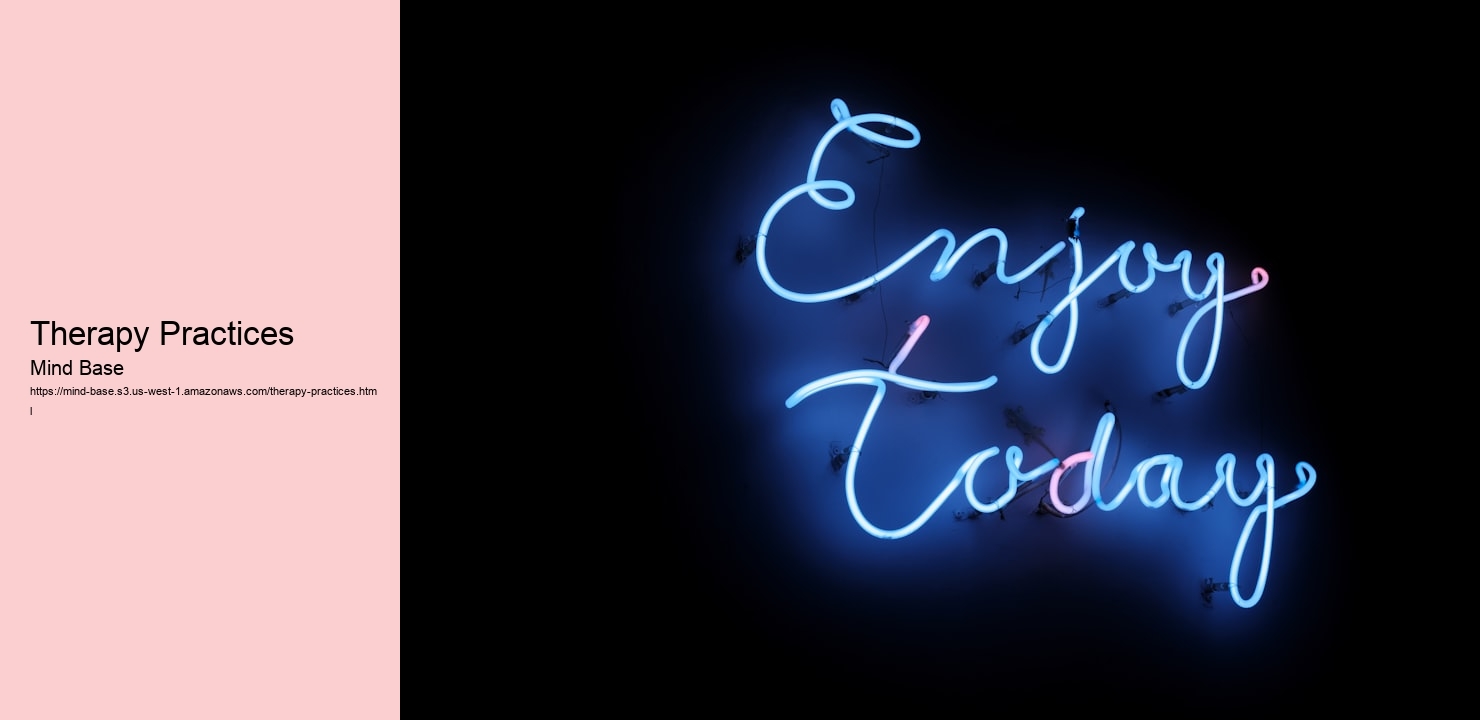
In effect this means that therapy's evolution continues to adapt dynamically within cities like Calgary, responding aptly to changing societal values and advancements in knowledge and technology. As therapists strive to meet the diverse needs of their clients through innovative practices-whether by embracing new technologies or integrating holistic methods-they contribute significantly to overall community wellness. Recognizing these shifts allows both practitioners and clients alike to engage in meaningful therapeutic journeys tailored uniquely for them.
Acceptance and Commitment Therapy (ACT)Cognitive concepts play a pivotal role in the realm of psychotherapy, particularly for those practicing in Calgary. These concepts revolve around the idea that our thoughts greatly influence our emotions and behaviors. By identifying and challenging distorted or maladaptive thinking patterns, therapists can help clients develop healthier perspectives. This cognitive restructuring is integral to many therapeutic approaches, such as Cognitive Behavioral Therapy (CBT), which is widely utilized by therapists in Calgary to address various mental health concerns.

In therapy sessions, understanding how clients perceive their experiences is crucial. Perceptions are subjective interpretations that can significantly affect emotional responses. For instance, if an individual interprets a neutral event as threatening due to past experiences or ingrained beliefs, it may lead to anxiety or other emotional distress. Therapists in Calgary often work with clients to explore these thought patterns, helping them recognize biases and reframe their perceptions for healthier outcomes.
Emotional regulation is another critical aspect where cognitive concepts come into play. By teaching clients strategies to manage their emotions effectively, therapists enable them to cope better with life's challenges. Techniques such as mindfulness and self-reflection allow individuals to become more aware of their emotional states and the underlying cognitive processes driving them. In Calgary's therapy practices, incorporating these techniques helps individuals gain control over impulsive reactions and fosters emotional resilience.
Cognitive flexibility refers to the ability to adapt one's thinking when faced with new information or changing circumstances. It involves being open-minded and willing to consider different perspectives.


To put it short, cognitive concepts form the backbone of effective therapeutic interventions practiced by skilled therapists in Calgary. By focusing on altering thought patterns and enhancing cognitive flexibility, these professionals empower individuals to overcome mental health challenges and improve their overall quality of life.
Mental fitness is as crucial as physical health, yet it often receives less attention. It encompasses the ability to maintain a state of well-being and cultivate awareness of how thoughts and emotions impact our daily lives. In Calgary, mental health professionals emphasize the significance of mental fitness as an ongoing process rather than a one-time resolution. Therapists in the area work with clients to develop personalized strategies that enhance cognitive and emotional resilience, helping individuals navigate life's challenges more effectively.

Therapy in Calgary offers various approaches tailored to individual needs, focusing on promoting mental wellness. Cognitive-behavioral therapy (CBT), mindfulness practices, and solution-focused therapies are commonly employed by therapists to address specific issues while also enhancing overall mental agility. These therapeutic interventions aim not only to remediate psychological problems but also to empower individuals with tools for self-improvement and stress management. The collaborative nature of therapy fosters an environment where clients can explore their thoughts without judgment, leading to meaningful personal growth.

Mental wellness encompasses emotional, emotional, and social well-being, influencing cognition, perception, and actions. According to the World Wellness Company (THAT), it is a "state of health in which the private realizes his or her capacities, can handle the typical anxieties of life, can function proficiently and profitably, and can add to his or her neighborhood". It similarly figures out just how a private manages anxiety, social connections, and decision-making. Psychological health and wellness consists of subjective wellness, viewed self-efficacy, autonomy, skills, intergenerational reliance, and self-actualization of one's intellectual and emotional possibility, among others. From the perspectives of favorable psychology or holism, psychological health and wellness might consist of an individual's capacity to take pleasure in life and to develop an equilibrium between life tasks and initiatives to accomplish emotional strength. Social differences, individual philosophy, subjective analyses, and completing expert theories all influence how one specifies "psychological wellness". Some very early indications related to psychological health and wellness difficulties are sleep inflammation, absence of power, lack of cravings, thinking of hurting oneself or others, self-isolating (though introversion and seclusion aren't necessarily unhealthy), and often zoning out.
.Psychiatric therapy (also psychological therapy, talk treatment, or speaking therapy) is the use of psychological techniques, specifically when based upon normal individual communication, to help an individual modification behavior, boost happiness, and overcome problems. Psychotherapy intends to boost a person's wellness and psychological health and wellness, to settle or minimize bothersome behaviors, ideas, compulsions, thoughts, or feelings, and to boost connections and social skills. Many types of psychiatric therapy have actually been designed either for individual grownups, households, or youngsters and teenagers. Some types of psychiatric therapy are considered evidence-based for dealing with identified mental disorders; other types have been slammed as pseudoscience. There are thousands of psychiatric therapy methods, some being small variants; others are based upon extremely various conceptions of psychology. Many methods entail one-to-one sessions, between the customer and specialist, but some are conducted with groups, including couples and family members. Psychotherapists may be psychological wellness professionals such as psychiatrists, psycho therapists, psychological health and wellness nurses, medical social employees, marital relationship and household specialists, or expert therapists. Psychotherapists may likewise come from a range of various other histories, and depending upon the territory may be lawfully controlled, willingly controlled or uncontrolled (and the term itself may be shielded or otherwise).
.Therapy for couples conflict in Calgary helps partners resolve issues through guided communication sessions. Therapists use proven methods to strengthen relationships and reduce tension.
Therapy for anxiety disorders in Calgary reduces worry with CBT and mindfulness techniques effectively. Therapists target specific triggers to restore calm and control for clients.
Therapy for academic performance in Calgary boosts focus and reduces stress with CBT techniques. Psychologists help students excel by addressing school-related pressures locally.